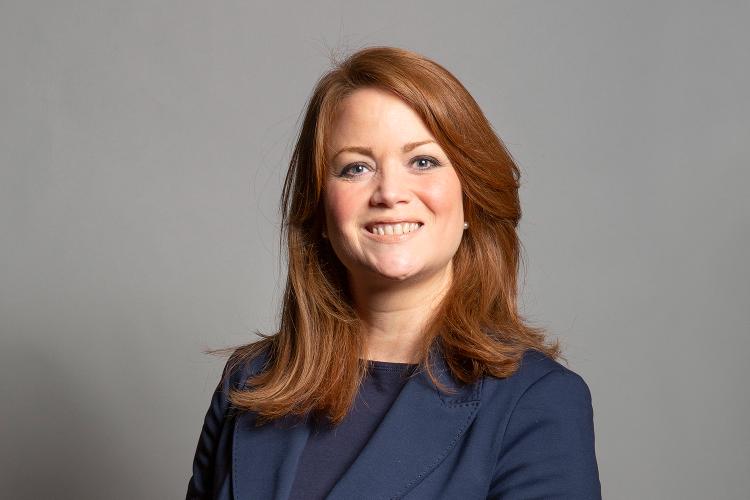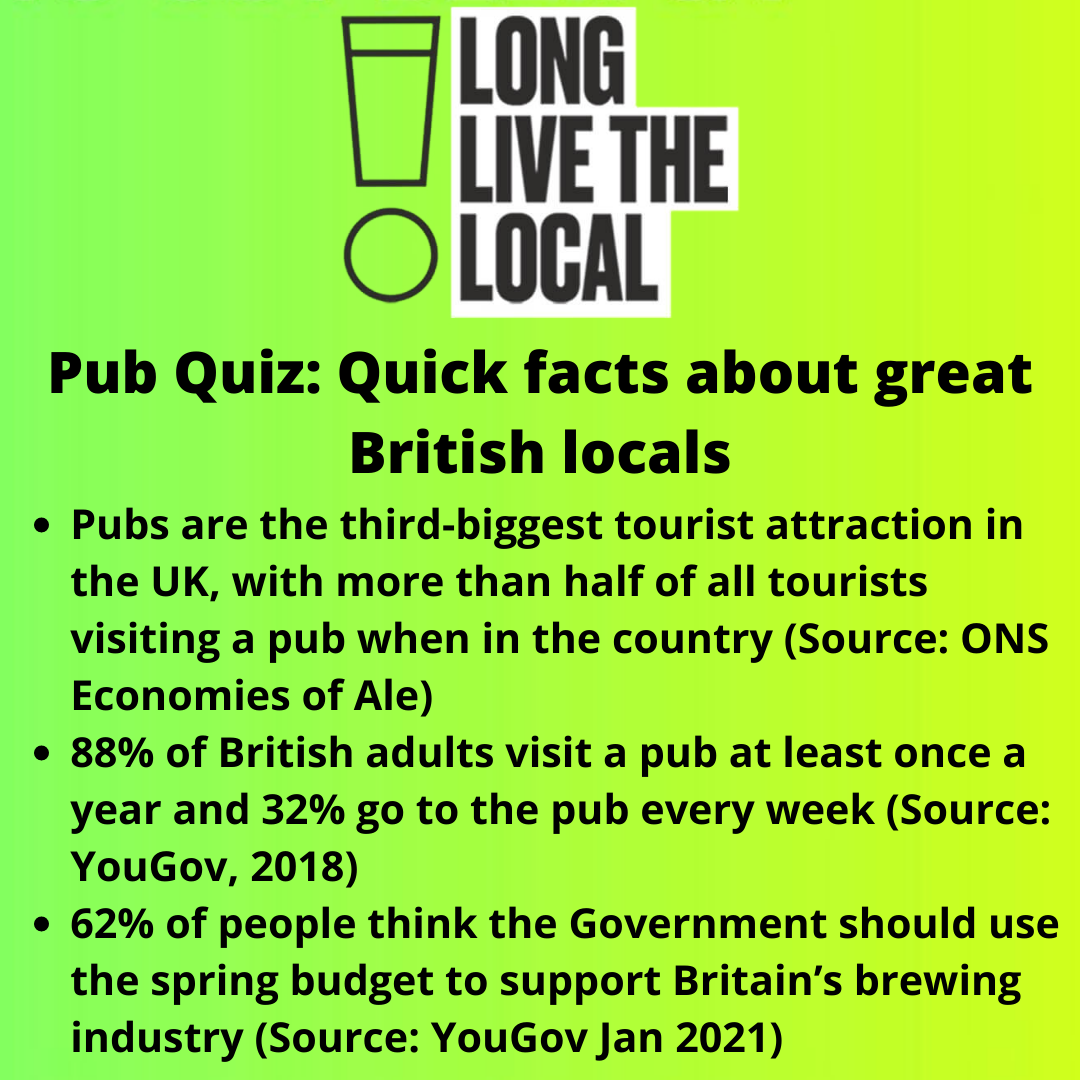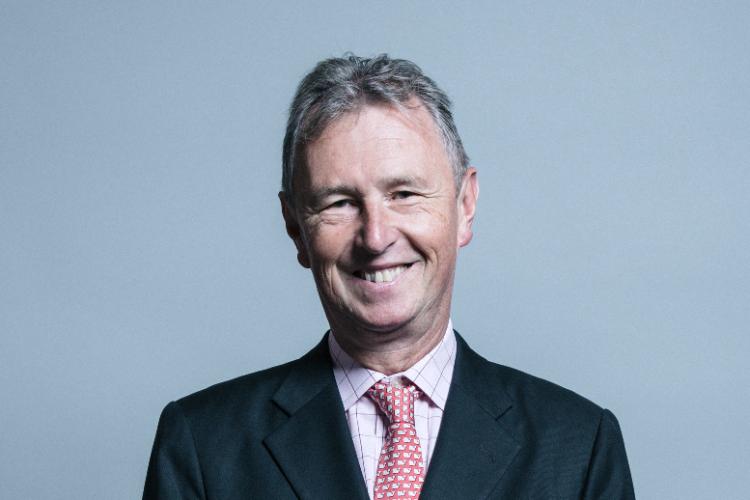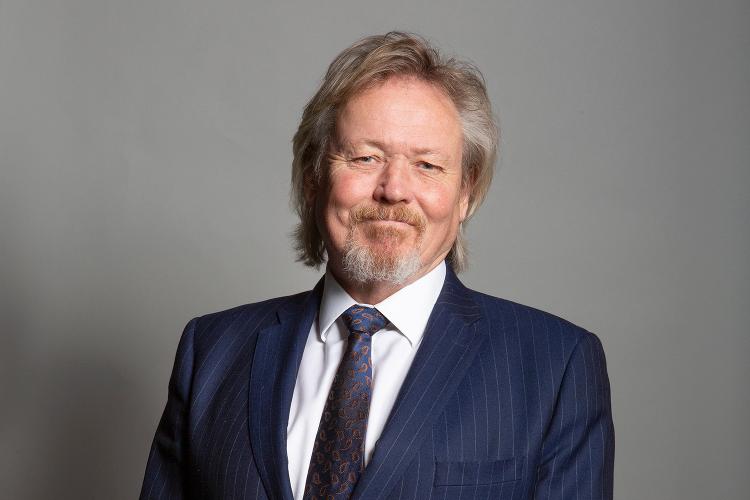The tax burden that threatens to stop Britain’s beating heart
Pubs are a key part of the social fabric of the UK, but unfair taxation is undermining the work they do for communities up and down the country – and now the great British local is fighting back.
Few would disagree that the humble pub occupies a unique place in British society. New research shows that almost 9 in 10 Brits (86.2%) have formed a special relationship in a pub, with the great British institution playing an integral role in first dates, falling in love, making new friends or meeting business important partners. Moreover, the pub and brewing sector contributes more than £26 billion GVA to the UK economy, supports 936,000 jobs and pays £14.3 billion in wages, as well as £13bn in taxes.
The research has been released by the Long Live the Local campaign, which aims to raise awareness of the high number of pub closures in Britain and of the fact that the UK has one of the highest beer duty tax rates in the world. Between 2010 and 2019, 8,200 pubs closed their doors for good, equalling an average of three pubs a day. Unsurprisingly, the pandemic compounded the issue, with a further 2,360 pubs being lost between March 2020 and May 2021 – a staggering average of five a day.
The good news, according to the Long Live the Local campaign, which is backed by the British Beer and Pub Association (BBPA), is that there is one quick fix that – while not exactly an “easy win” – would certainly ease the pressure on pubs as they recover from the shock of Covid-19. The campaign argues that lowering taxes levied on beer and pubs would make it possible for more pubs to keep their doors open and more breweries to stay in business – ultimately, keeping thousands of people in jobs, contributing millions of pounds to the economy and serving communities across the country.
Currently, brewing is the most heavily taxed business sector in the UK, with 41p in every pound of turnover directly paid in taxes. This compares with 20p for the remaining drinks manufacturing sector, 15p for telecommunications, 12p for information services and just 7p for retail. For every pint of beer sold in a pub (based on an average price and strength) £1.30 goes to the Treasury – comprising 64p VAT, 46p Beer Duty, 12p Business Rates and 8p other taxes. The burden this tax places on pubs makes closures more likely and puts countless jobs at risk. In fact, according to a study by the BBPA and Oxford Economics, just one penny cut (2%) in beer duty at the next budget would protect 4,700 jobs from being lost.
The first budgetary ask from the Long Live the Local campaign is a permanent lower level of VAT on all food and drinks sold in pubs. While the UK’s high tax rate places an additional burden on pubs and breweries, other countries’ governments recognise the social, cultural economic value of their hospitality sectors through a specific lower VAT rate to make life easier for them. In Spain, for example, the rate of VAT on alcohol sold in bars, cafes and clubs is 10% – half of their general rate and of the rate in the UK.
According to BBPA a permanent lower level VAT rate of 12.5% for food and drink sold in pubs and wider hospitality sector would generate a positive net economic return as well as create over 100,000 jobs. Extending this to all drinks would create another 60,000 jobs
Business rates are also an issue – and the BBPA is calling for fairer rates for pubs compared to other sectors. Pubs currently pay 2.8% of the total rates bill, while accounting for just 0.5% of turnover, which amounts to an overpayment of £500 million every year. While the recently announced reliefs are helpful, the BBPA argues the wider system is in need of long-term reform – and it encourages the Government to make good on its commitments to make these reforms happen.
For many of the rural villages I represent, the pub also acts as a gathering point where everyone from the local community comes together.
The third and final ask is for an overall reduction in beer duty, which is three times the EU average, with Brits paying an incredible 11 times what Germans do in beer duty per pint. To put this in context, UK drinkers pay 40% of all beer duty across Europe, despite only drinking 12% of the beer. Reducing beer duty would make beer cheaper and encourage more people into the pubs that are fighting for their survival in the aftermath of the pandemic.
 The message clearly resonates with the public. Since July, more than 100,000 people have signed Long Live the Local’s new petition, with 80,000 people writing to their MP to express their concern. And perhaps they’re getting through – MP Kate Griffiths says pubs play a “critical” role in her constituency of Burton, where local breweries make some of Britain’s best-known beers.
The message clearly resonates with the public. Since July, more than 100,000 people have signed Long Live the Local’s new petition, with 80,000 people writing to their MP to express their concern. And perhaps they’re getting through – MP Kate Griffiths says pubs play a “critical” role in her constituency of Burton, where local breweries make some of Britain’s best-known beers.
“Due to our unique history of being the home of British brewing, residents take great pride in our local breweries, pubs and even micro pubs,” she says. “For many of the rural villages I represent, the pub also acts as a gathering point where everyone from the local community comes together.
“I am in regular dialogue with the breweries here in Burton and with publicans across the constituency. In the run-up to the budget especially, I ensure that the needs and wishes of the industry are convened to the Treasury and other Government colleagues. I know that a cut to beer duty is favoured, so that there is greater parity between pubs and supermarkets.
“We should also be investing in the workforce, including apprenticeships, upskilling and ensuring the hospitality sector is an attractive industry to enter, particularly with record numbers of vacancies.”

Christian Wakeford, MP for Bury South, is in agreement, having worked in pubs himself in his younger years.
“From washing pots to bar work, the importance [of pubs] to the jobs market, especially for younger people, is immense,” he says. “In many cases, this is someone’s first experience of work and stands them in good stead for future careers or education.
“Remember that it’s not just the pub, but the wider supply chain – from breweries, food, delivery and drivers to entertainment. Most of these are heavily reliant upon the pub industry not just surviving, but thriving. We saw the impact to the whole hospitality sector during Covid and it will take some time to recover, but the main thing to take from that experience is how reliant businesses are in the hospitality sector.”
Wakeford also emphasised the important status of pubs in local communities, adding: “Whether at the heart of the high street, or the hub of the village, pubs are much more than just a boozer or a drinking establishment. They provide a central hub for all parts of the community, helping to tackle issues of loneliness and social-isolation, and providing a friendly ear to talk to whilst leaning against the bar.
“The continuation of pubs as a community asset is paramount. Without them, we would see a rise in irresponsible drinking, worsening mental health and drinking patterns changing for the worse – just as we saw during the recent lockdowns.”
“We must support the local, and the only way I can see of doing that is a lower level of VAT for all beverages sold in pubs, so that we favour sales in the local pub. Tear away the pub and you tear away the community.”
 Nigel Evans MP, Deputy Speaker and President of the All Party Parliamentary Group on Beer further champions pubs as focal points of communities, suggesting they “bring people together, through both celebrations and commiserations”.
Nigel Evans MP, Deputy Speaker and President of the All Party Parliamentary Group on Beer further champions pubs as focal points of communities, suggesting they “bring people together, through both celebrations and commiserations”.
Evans has many happy memories of socialising in the pub with his family: “My mother, who was not a particularly strong drinker, allowed us to persuade her to come to the Cockett Inn on Christmas day. The pub was just down the road from our shop which we had owned since 1932, and a local for our patrons. Mum not only had her favourite tipple, a snowball, but was able to socialise with many of her customers on Christmas day - the only day of the year she ever had off. That will always remain in my memory as a happy and significant moment for the family, which we were lucky enough to repeat on several occasions.”
 Pubs are also special to Giles Watling MP, who formerly owned The King’s Head in Chingford, London. “I’ve seen villages suddenly having their ‘hearts’ ripped out and people left with no place to go when the local pub has shut down,” he remembers. “We must support the local, and the only way I can see of doing that is a lower level of VAT for all beverages sold in pubs, so that we favour sales in the local pub. Tear away the pub and you tear away the community.”
Pubs are also special to Giles Watling MP, who formerly owned The King’s Head in Chingford, London. “I’ve seen villages suddenly having their ‘hearts’ ripped out and people left with no place to go when the local pub has shut down,” he remembers. “We must support the local, and the only way I can see of doing that is a lower level of VAT for all beverages sold in pubs, so that we favour sales in the local pub. Tear away the pub and you tear away the community.”
 Mike Wood MP, who chairs the All Party Parliamentary Group on Beer, added: “As well as the huge economic aspects, pubs in my constituency of Dudley South are the heart of the community, providing a place to meet people and allow them to drink and socialise in a safe, friendly atmosphere. If our pubs fail, it will be detrimental, and cause a huge loss to communities all over the UK.”
Mike Wood MP, who chairs the All Party Parliamentary Group on Beer, added: “As well as the huge economic aspects, pubs in my constituency of Dudley South are the heart of the community, providing a place to meet people and allow them to drink and socialise in a safe, friendly atmosphere. If our pubs fail, it will be detrimental, and cause a huge loss to communities all over the UK.”
 His sentiments were echoed by Paul Bristow MP, who called pubs a “crucial lifeline” for many communities whose facilities are lacking.
His sentiments were echoed by Paul Bristow MP, who called pubs a “crucial lifeline” for many communities whose facilities are lacking.
“The pub is quintessentially British institution, however, also acts as a place where different generations, cultures and nationalities can come together and socialise,” he added. “We must continue to support and protect our pubs, because if they die, a lot of the time communities can die, which can lead to issues with loneliness and isolation.”
To help local pubs, please visit: www.longlivethelocal.pub
